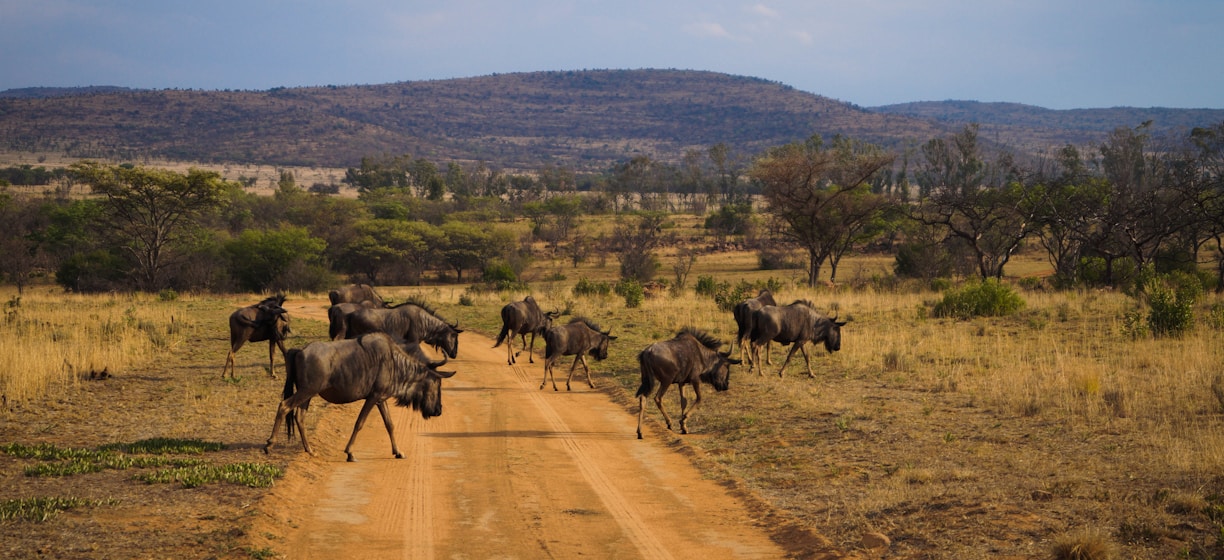Queen Modjadji of the Limpopo
Queen Modjadji, or the Rain Queen, is the hereditary queen of Balobedu, a people of the Limpopo Province of South Africa. The Rain Queen is believed to have special powers, including the ability to control the clouds and rainfall.
AFRICAN HISTORY


Queen Modjadji, or the Rain Queen, is the hereditary queen of Balobedu, a people of the Limpopo Province of South Africa. The Rain Queen is believed to have special powers, including the ability to control the clouds and rainfall.
There are 2 stories on the origins of the Modjadji from African Oral tradition: The very first Modjadji Rain Queen story states that a grave sin was committed in the Monomatapa Empire where the people blamed the Princess, demanding that she be executed in retribution. The Princess subsequently escaped by asking her Father for the power of rainmaking after which she fled to South Africa with his blessing.
The other origin story is that the Shona Princess of Munhumutapa committed a great sin, and her Father stopped the people from killing her by giving his daughter the power of rainmaking, and told her to head south. After she left home, the Princess founded her very own Kingdom based on a tight matrilineal structure, producing a line of Queens amongst the Venda people in which just the firstborn female inherits the Throne.
According to custom, the Rain Queen must shun public functions, and can only communicate with her people through her male or female councilors. Every November she presides over the annual Rainmaking ceremony at her royal compound in Khetlhakone Village.
She is not supposed to marry, but has many "wives", as they are referred to in the Balobedu language. These are not spouses in the usual sense of the word; as a queen regnant, she has the equivalent of royal court servants, or ladies-in-waiting, sent from many villages all over the Balobedu Kingdom. These wives were selected by The Queen's Royal Council and in general are from the households of the subject chiefs. This ritual of "bride giving" is strictly a form of diplomacy to ensure loyalty to the Queen.
The Rain Queen's mystical rain-making powers are believed to be reflected in the lush garden which surrounds her royal compound. Surrounded by parched land, her garden contains the world's largest cycad trees which are in abundance under a spectacular rain belt. One species of cycad, the Modjadji cycad, is named after the Rain Queen. The rain-making powers are also believed to be transmitted through matriarchal mitochondrial DNA. Therefore, the Queenship is inherited through matrilineal lineage, by the daughters of the Rain queen.
The Rain Queen is a prominent figure in South Africa, many communities respecting her position and, historically, attempting to avoid conflict in deference thereto. The fifth Rain Queen, Mokope Modjadji, maintained cordial relations with Nelson Mandela. Even presidents of South Africa during apartheid visited the Rain Queens.
The Rain Queen has become a figure of interest, she and the royal institution becoming a significant tourist attraction contributing to the South African economy. The Rain Queen was offered an annual government civil list. The stipend was also expected to help defray the costs of preserving the cycad trees found in the Rain Queen's gardens.
